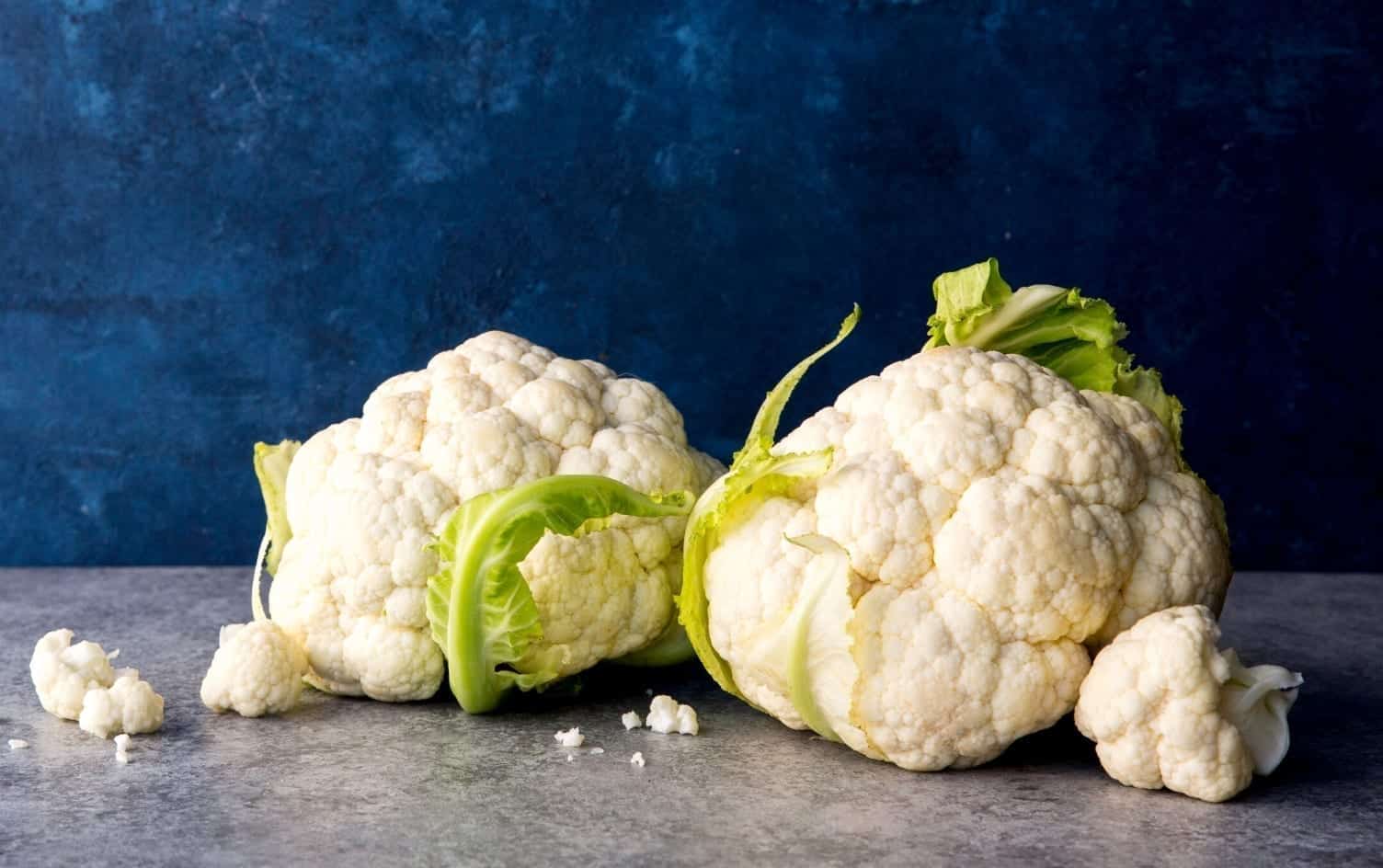Experts agree, eating a wide variety of vegetables is a pillar of a healthy diet and a key strategy for losing weight. In particular, cruciferous vegetables like broccoli, cauliflower, Brussels sprouts, cabbage and kale can help lower your risk of disease and increase longevity. New research found these veggies contain a compound that may help fight non-alcoholic fatty liver disease (NAFLD), which occurs when fat builds up in the liver. Experts aren’t sure why fat builds up in the livers of some people and not others, but NAFLD is associated with being overweight or obese and/or having Type 2 diabetes, high blood sugar levels, insulin resistance and high triglyceride levels.
WHY CRUCIFEROUS VEGGIES ARE GREAT FOR LIVER HEALTH
A chemical compound that’s created when cruciferous vegetables are broken down during digestion has been shown to have positive effects on liver fat and NAFLD. In a new study, researchers looked at levels of this compound — called indole — in the digestive systems of 137 people who were obese, overweight or lean. They found obese study participants had lower levels of indole in their systems and higher levels of liver fat content, compared to lean participants.
They also studied the effects of indole on NAFLD by treating obese mice — who had previously been fed a high-fat diet and developed NAFLD — with an indole compound. The researchers found the indole reduced inflammation and other factors, leading to an improvement of NAFLD symptoms, thus demonstrating indole may help to prevent or treat fatty liver disease.
“We would recommend balanced diets enriched with cruciferous vegetables and recommend reducing intake of high amounts of saturated fats,” says study author Dr. Chaodong Wu, PhD, a professor in the department of nutrition and food science at Texas A&M University in College Station.
OTHER HEALTH BENEFITS OF CRUCIFEROUS VEGGIES
Some research suggests indole and sulforaphane — a sulfur-rich compound found in cruciferous vegetables — may lower the risk of certain cancers. What’s more, “cruciferous vegetables are generally low in calories and high in folate, vitamin C, vitamin E and vitamin K,” says Whitney Linsenmeyer, PhD, RD, an assistant professor of nutrition at Saint Louis University. Since these veggies are also high in fiber, they help you feel full longer and can promote weight loss.
SHOULD YOU CHOOSE RAW OR COOKED?
For the time being, more research is needed to determine whether eating them raw or cooked is better. “In terms of indole production, there is no available data to validate how cooking influences its availability,” says Wu.
Still, there are tasty ways to incorporate cruciferous vegetables into your diet, whether raw or cooked. “Cruciferous vegetables, like thinly sliced, raw Brussels sprouts and kale hold up great in a hearty salad, while cabbage is terrific as a slaw for tacos,” says Linsenmeyer. “This family of vegetables is also very versatile when roasted or grilled with olive oil and a little salt and pepper,” she says.
THE BOTTOM LINE
“Try to eat a wide range of cruciferous vegetables at least a few times a week for their varied health benefits and to round out your diet,” says Linsenmeyer.
Some people experience gas or bloating when they suddenly start eating more cruciferous vegetables than usual due to the high fiber content. If this happens to you, add them to your diet more gradually. “Don’t eat the whole head of broccoli at once,” says Linsenmeyer. “Start slow and increase your intake over a few weeks. Drinking more water may help, as well.”




